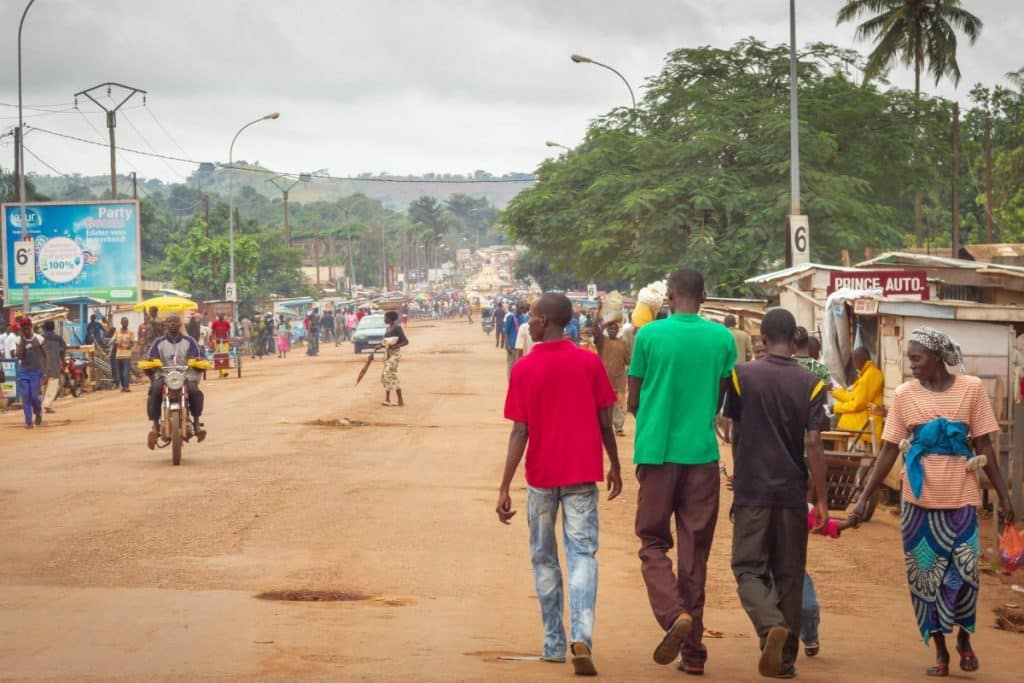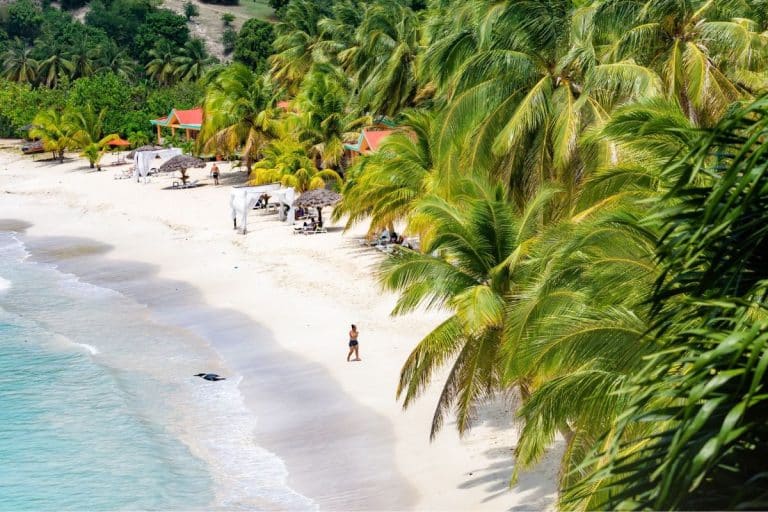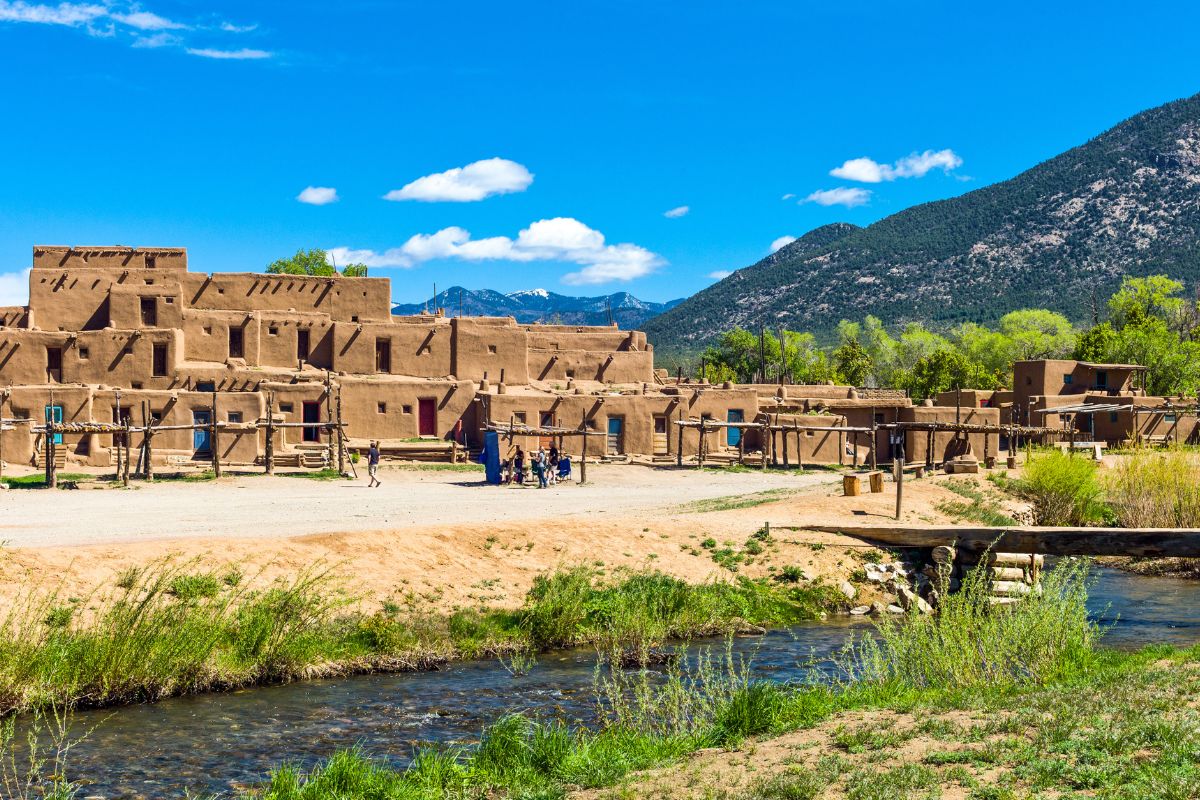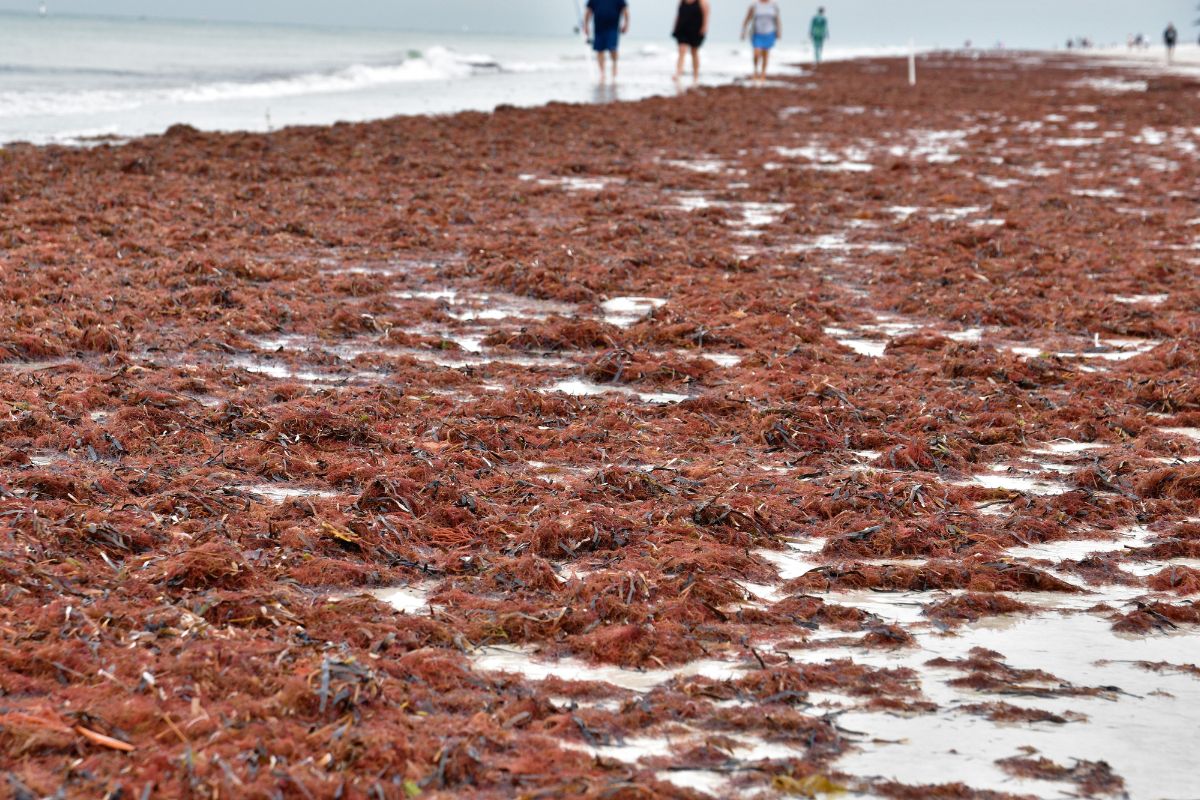The U.S. Department of State continually updates its travel advisories for more than 200 countries around the world based on a range of risk indicators, including health, terrorism, and civil instability. Level 1 travel advisories recommend taking ordinary precautions, while Level 4 advisories discourage travel to these countries.
These are the 8 countries the U.S. State Department advises you not to go
Haiti
Kidnappings, crime, and civil unrest are the greatest risk factors in Haiti, a country bordering the Dominican Republic in the Caribbean Sea. Due to natural disasters, economic and social instability, the country is experiencing chronic poverty. In October, the prime minister requested international security forces to crack down on gang violence, suggesting that the entire country is under threat. Travel advisories say U.S. citizens to leave Haiti immediately because of existing security, health, and infrastructure problems.
Iran
All travelers face the risk of kidnapping and unlawful detention, but U.S. citizens are particularly vulnerable to arbitrary arrest and detention. Iranian-Americans, including students, journalists, and business travelers, have been arrested on charges of espionage and endangering national security.
Myanmar (Formerly Burma)

The main reasons for avoiding travel to this Southeast Asian country are armed conflict and civil unrest triggered by a military coup in early 2021. Other risk factors include COVID-19 restrictions, limited medical care, unlawful detentions, and areas with land mines and unexploded ordnance.
Gaza
The Gaza Strip, which shares borders with Israel and Egypt, is largely under the control of Hamas, a foreign terrorist organization designated as such by the State Department. Terrorism, civil unrest, and armed conflict are the main risk factors, and there is always the possibility of sporadic mortar or rocket fire and corresponding Israeli military responses, as per the advisory.
Burkina Faso
This West African nation is facing issues such as terrorism, and kidnapping. The State of Emergency is in place in the East and Sahel regions, and terrorist attacks might strike hotels, restaurants, and schools with little warning.
Central African Republic

Although there have been no reports of targeted violence or crimes against U.S. citizens, violent crimes and unexpected road and border closures are commonplace. The embassy’s ability to provide assistance to U.S. citizens is limited due to factors such as crime, civil unrest, and kidnappings, as stated in the advisory.
Afghanistan
According to the State Department, a Central Asian country is dealing with various issues, including armed conflict, civil unrest, crime, terrorism, and kidnapping, which put U.S. citizens at risk of violence or abduction. Additionally, the Taliban’s control is leading to the disappearance of women’s rights. The government has also reinstated public floggings and executions. In August 2021, the U.S. Embassy in Kabul stopped operating.
Belarus
Belarus, which shares a border with Russia, is known for its arbitrary law enforcement, risk of detention, and presence of Russian military forces. This and Russia’s military activities in Ukraine have raised concerns. In February 2022, the U.S. Embassy in Minsk ceased operations.






